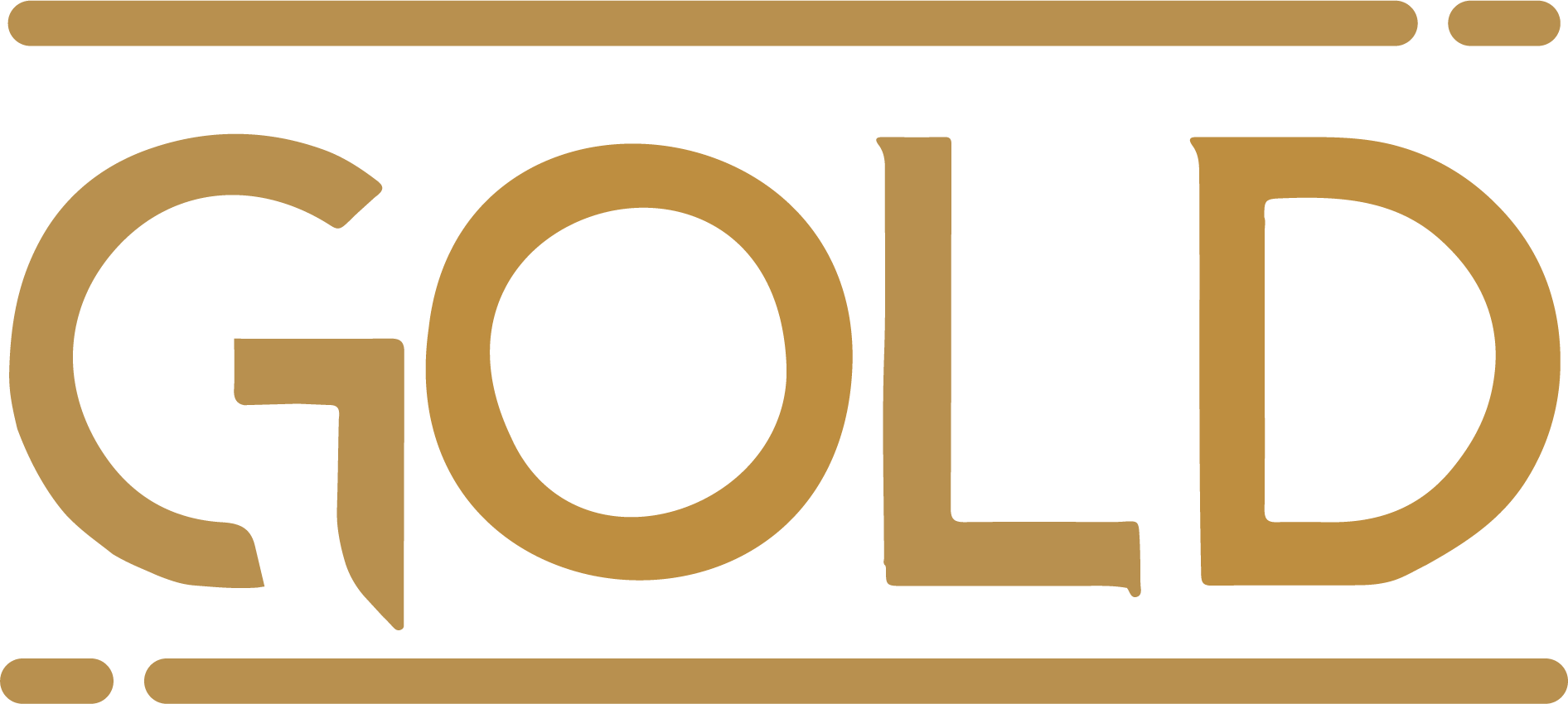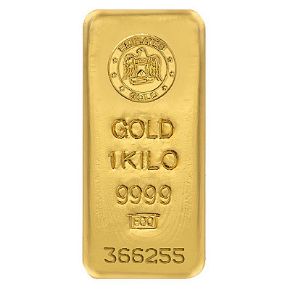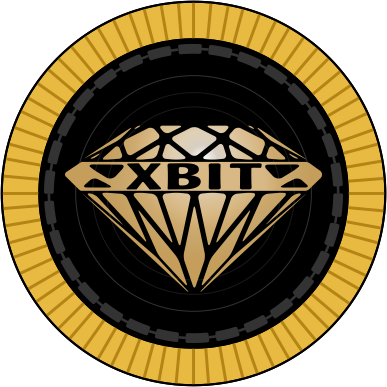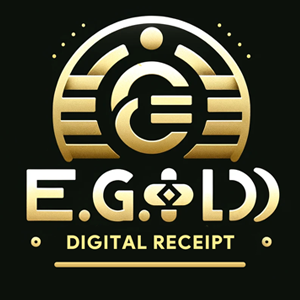
Gold has been a timeless store of value, and in today’s world of increasing financial oversight, many people are asking an important question: Can you sell gold anonymously? Whether it’s for privacy reasons, personal security, or avoiding unnecessary bureaucracy, selling gold without revealing your identity can be a valid concern.
The short answer is that selling gold anonymously is possible in some situations, but it depends heavily on local regulations, the type of transaction, and the amount of gold being sold. In this guide, we’ll break down everything you need to know about selling gold privately in 2025, including the legalities, practical methods, and best practices for staying secure.
Why Would Someone Want to Sell Gold Anonymously?
Before diving into the “how,” let’s examine the reasons why someone might want to sell gold without revealing their identity.
- Privacy: Gold is a personal asset, and some sellers prefer not to disclose their financial dealings to third parties.
- Security: Publicly selling large amounts of gold can make individuals a target for theft or fraud.
- Avoiding Red Tape: In some countries, selling gold involves significant paperwork or taxation, which some individuals wish to avoid legally.
- Cultural or Personal Preferences: In certain cultures, discretion around financial transactions is highly valued.
Legal Considerations for Selling Gold Anonymously
The legality of selling gold anonymously depends on your country’s laws. It’s essential to understand these regulations to ensure compliance and avoid legal trouble.
1. Threshold for Anonymous Transactions
In many countries, there are transaction thresholds above which identification is mandatory. For example:
- In the United States, gold transactions exceeding $10,000 often require identity verification under anti-money laundering (AML) regulations.
- In the European Union, limits vary by country, but stricter AML laws now require ID for transactions as low as €2,000.
2. Tax Implications
Selling gold may trigger capital gains taxes depending on the profit you’ve earned. Anonymously selling gold doesn’t exempt you from tax obligations, so be sure to report earnings where required.
3. Dealer Compliance
Gold dealers, pawnbrokers, and auction houses are often required to follow AML and Know Your Customer (KYC) regulations, meaning they might request your ID for larger transactions.
4. Private Sales
In some cases, private peer-to-peer gold sales can occur without ID, provided they remain within legal limits. However, always verify that private sales comply with local laws.
Where Can You Sell Gold Anonymously?
Selling gold anonymously requires careful planning and knowledge of where such transactions are possible. Here are the most common avenues:
1. Local Coin Shops
Many small coin shops or bullion dealers may allow small gold sales without requiring identification. However, this depends on their internal policies and local regulations.
2. Pawnshops
Pawnshops often deal in gold and may not always require ID for smaller transactions. Keep in mind that pawnshops typically offer lower prices than dedicated gold dealers.
3. Private Buyers
Selling gold to an individual buyer is one of the most common ways to maintain anonymity. However, this method comes with risks, including verifying the legitimacy of the buyer and ensuring payment security.
4. Gold Vending Machines
In some locations, automated gold vending machines allow users to sell small quantities of gold anonymously. These machines are usually limited to small transactions but provide a private and quick option.
5. Online Platforms
Some online marketplaces may allow discreet transactions for gold, especially in peer-to-peer formats. Ensure that you use secure platforms and verify buyer credentials.
6. Cryptocurrency-Backed Gold Platforms
Some modern platforms enable you to exchange gold for cryptocurrency anonymously. These platforms operate outside traditional banking systems, but it’s crucial to ensure they are legitimate and comply with applicable laws.
Tips for Selling Gold Privately and Safely
If you’re considering selling gold anonymously, follow these tips to protect your privacy and ensure a smooth transaction:
1. Sell in Small Quantities
Selling smaller amounts of gold reduces the likelihood of triggering ID requirements or raising red flags with buyers or authorities.
2. Choose Reputable Dealers
Even when selling anonymously, it’s important to work with trustworthy dealers or buyers to avoid scams or fraud.
3. Avoid Public Ads
Posting gold sales on public platforms like Craigslist or Facebook Marketplace can expose you to scammers or unwanted attention. Use secure platforms instead.
4. Request Cash Payment
Cash transactions are often preferred for anonymous sales as they leave no digital trail. Always verify the authenticity of cash received during the sale.
5. Meet in Secure Locations
For in-person sales, meet in public places with surveillance, such as a bank or gold dealer’s office.
6. Don’t Share Personal Details
Avoid sharing unnecessary personal information with buyers or dealers, especially in private sales.
7. Verify the Buyer’s Legitimacy
Conduct due diligence on potential buyers to ensure they are legitimate and trustworthy.
Risks of Selling Gold Anonymously
While selling gold anonymously has its advantages, it also comes with risks that you should consider:
- Lower Prices: Anonymity often means working with buyers who offer lower prices, such as pawnshops or private parties.
- Scams: Private sales increase the risk of encountering fraudulent buyers or counterfeit payments.
- Legal Issues: Non-compliance with local laws can lead to penalties or legal trouble. Always ensure your transaction aligns with applicable regulations.
- Safety Concerns: Handling valuable gold in private sales can make you a target for theft.
FAQs About Selling Gold Anonymously
1. Can I sell gold anonymously at a bank?
Most banks require ID for gold transactions, making anonymous sales unlikely.
2. What is the maximum amount of gold I can sell without ID?
This varies by country, but in most cases, small transactions under local AML thresholds don’t require identification.
3. Is selling gold for cash legal?
Yes, selling gold for cash is legal in most countries, provided you comply with local tax and transaction laws.
4. Are private gold sales taxable?
Yes, you may owe taxes on any profits from the sale, even if the transaction is private. Consult a tax advisor to ensure compliance.
5. Can I sell gold anonymously online?
Some platforms allow discreet sales, but most reputable websites require user verification for security purposes.
6. Do pawnshops require ID for gold sales?
This depends on the amount of gold and local regulations. Many pawnshops don’t require ID for small transactions.
7. Can I sell gold to another individual without ID?
Yes, in most cases, you can sell gold privately to an individual without needing to present ID, provided the transaction is legal.
8. Is it safe to sell gold anonymously?
While possible, selling gold anonymously comes with risks such as scams, fraud, or safety concerns. Take precautions to protect yourself.
9. What’s the best way to sell gold privately?
The safest options include local coin shops, small dealers, or secure online peer-to-peer platforms.
10. Can I sell gold anonymously in large quantities?
Selling large amounts of gold anonymously is extremely difficult due to strict AML regulations. It’s more practical to break the sale into smaller, legal transactions.
Protecting Your Privacy While Selling Gold
Selling gold anonymously in 2025 is a nuanced process that requires understanding local laws, finding the right buyer, and taking steps to protect your security and privacy. While complete anonymity isn’t always possible, smaller transactions, private sales, and careful planning can help you maintain a high level of discretion.
By following the tips outlined in this guide, you can ensure that your gold sales are both secure and compliant. Remember, privacy is important, but staying within the boundaries of the law will safeguard your financial and personal well-being. If in doubt, consult with a legal or financial expert to explore the best options for selling gold while respecting your need for privacy.
As the demand for gold as a reliable store of wealth grows in 2025, the question of privacy in gold transactions becomes increasingly important. While selling gold anonymously is possible in certain situations, it requires careful planning, understanding of local regulations, and taking steps to minimize risks.
Whether you choose to work with local coin shops, private buyers, or modern platforms, the key is to remain vigilant, prioritize safety, and ensure that your actions comply with legal requirements. Anonymity can provide peace of mind and protect your financial privacy, but it should never come at the expense of security or legal compliance.
If your goal is to maintain as much privacy as possible while selling gold, start with small transactions, deal with reputable buyers, and avoid cutting corners that could lead to unnecessary complications. By staying informed and cautious, you can confidently sell your gold while keeping your personal information secure.
Gold is a timeless asset that deserves careful stewardship, whether you’re buying, holding, or selling. As you navigate the process of selling gold in 2025, let privacy and security guide your decisions—and always make sure that your transactions reflect both your personal goals and your legal responsibilities.
NOTE
This Content is the copyrighted content of EE.GOLD. All rights are reserved. You are welcome to share or use our content only by including direct links to our website. Any other form of reproduction, distribution, or use without proper attribution is strictly prohibited.
This Content is intended solely for educational purposes. The information provided does not constitute financial or investment advice.
Please note that Digital Storage Receipt, Secure Storage Solutions, and Physical Gold Sales are the only services offered by EE.GOLD.
We strictly adhere to government regulations and are firmly against all illegal financial or investment activities globally.
For further inquiries, feel free to contact us through our official channels.










.png)

